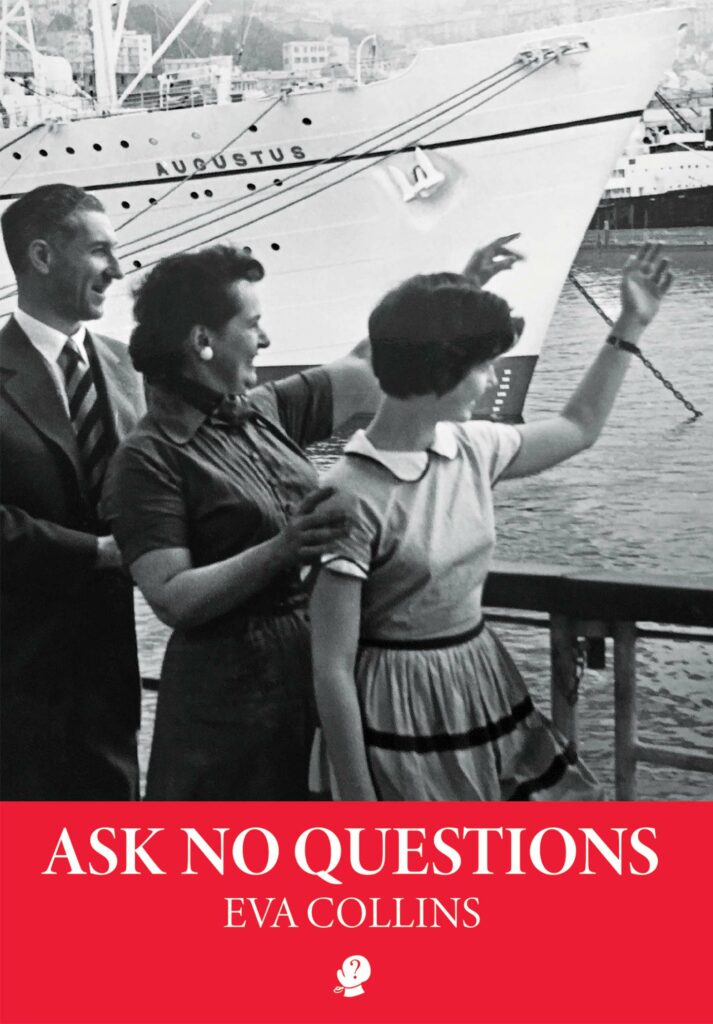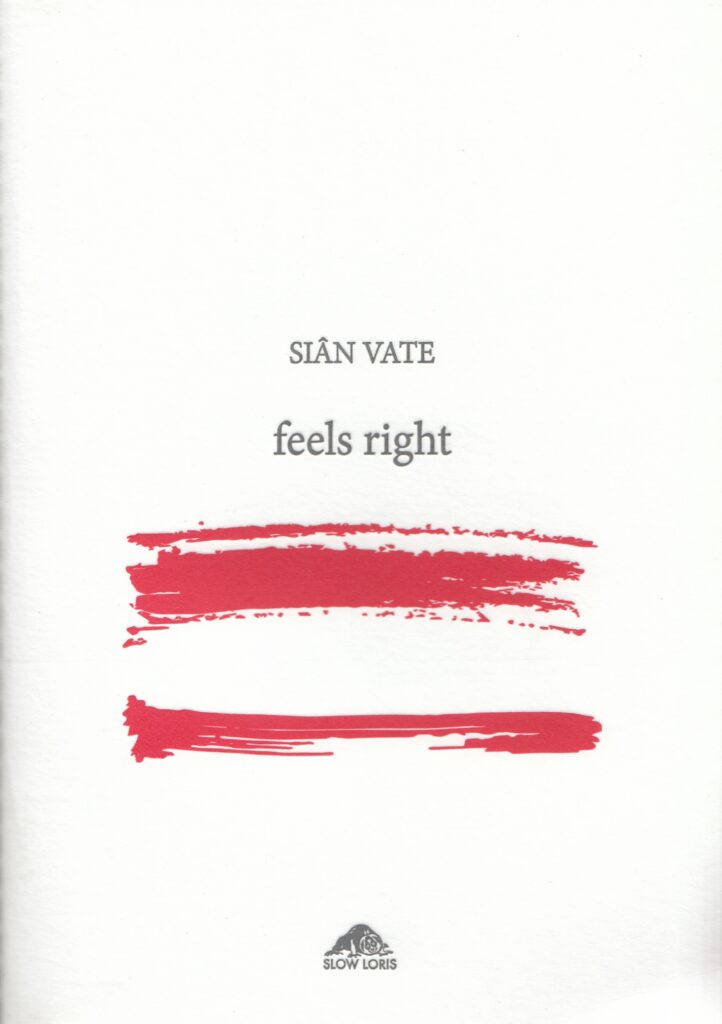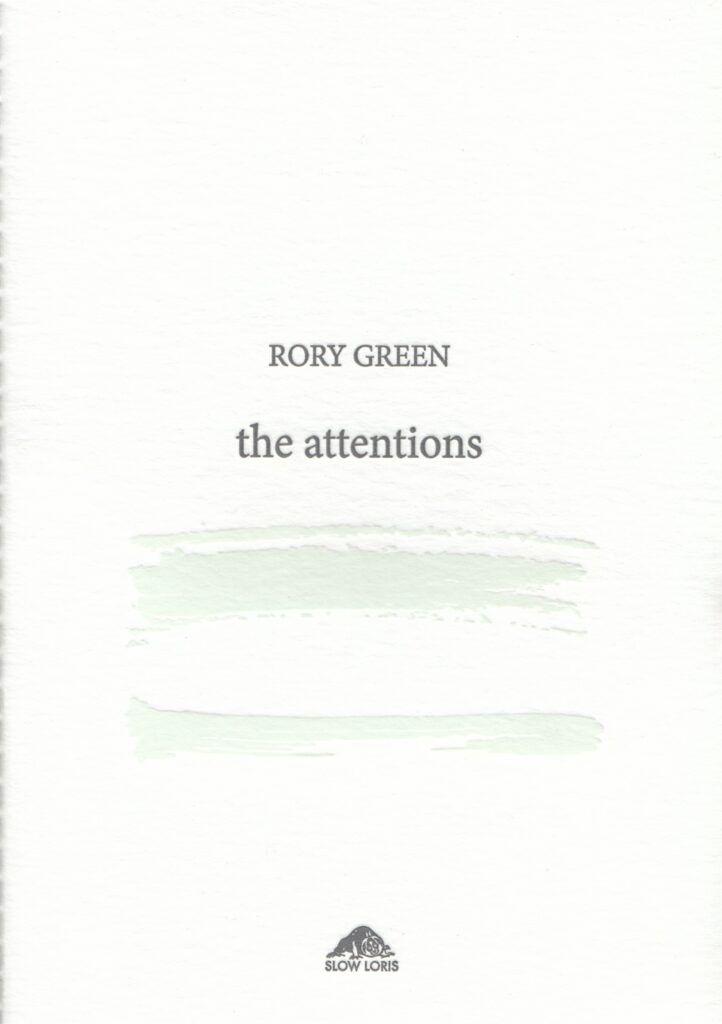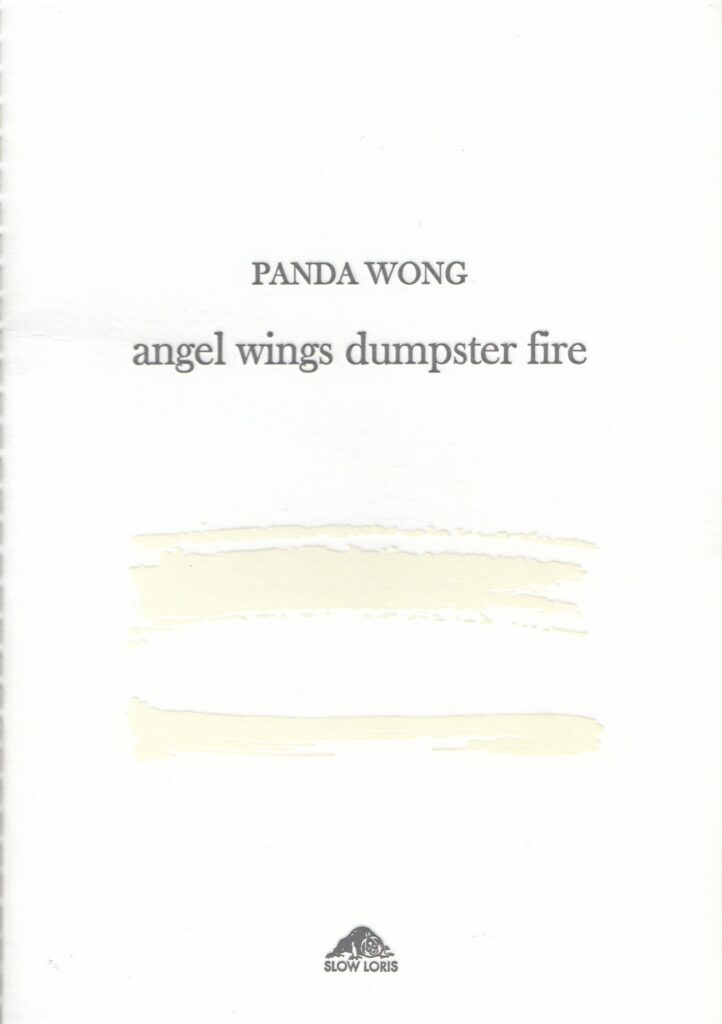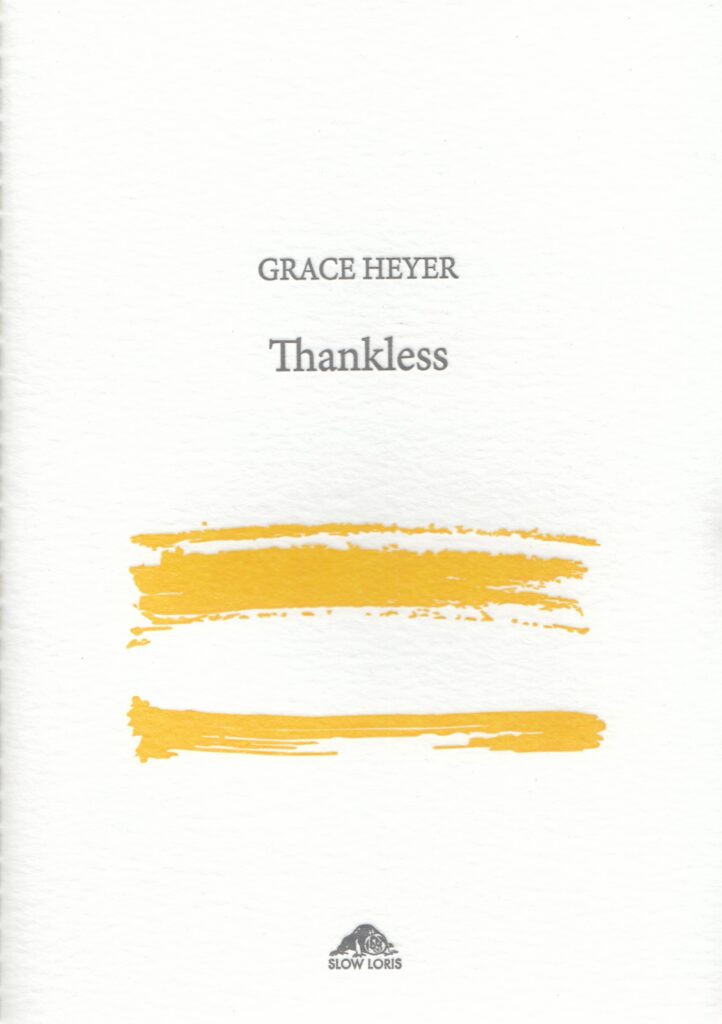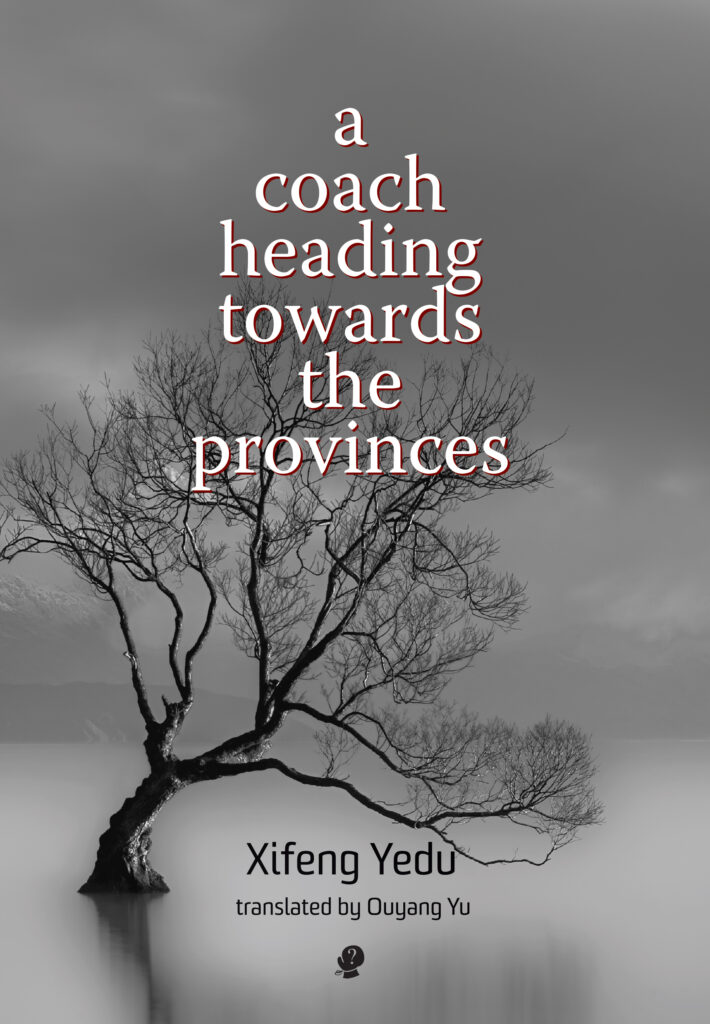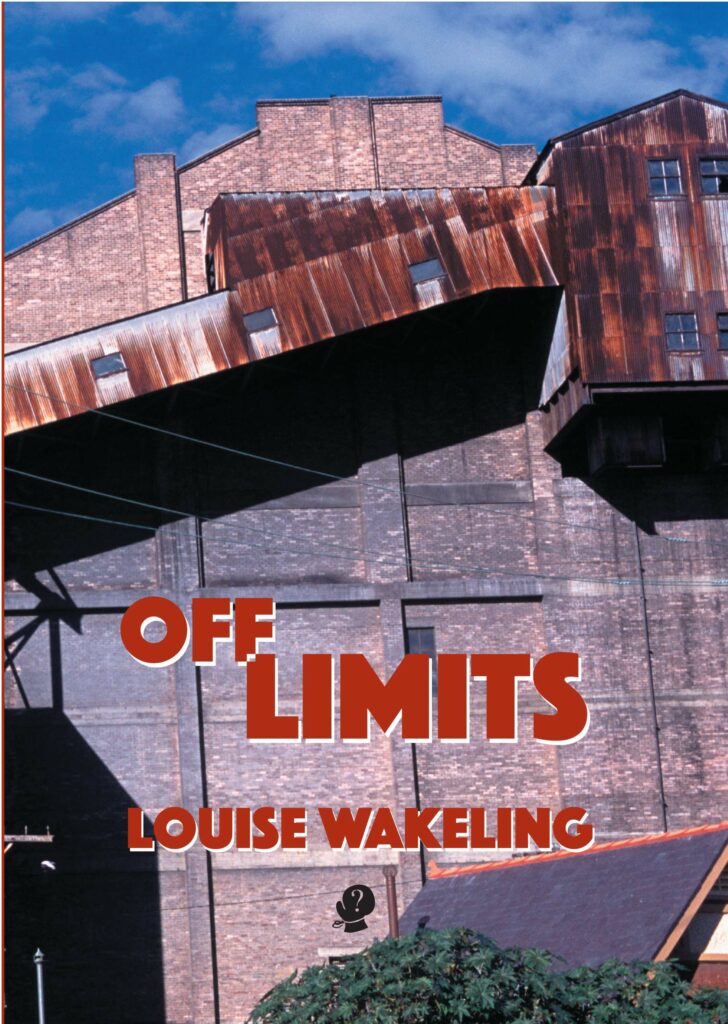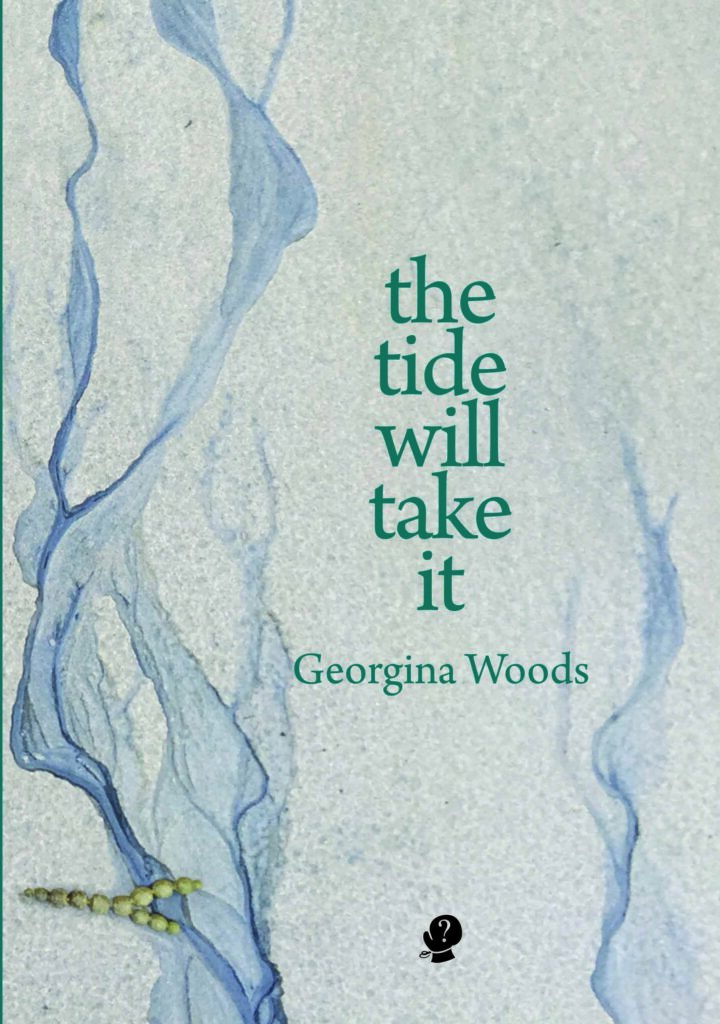Earshot
This debut collection from Sam Morley comprises poetry that is image-rich, probing and sublime. Committed to observation as a vehicle for discovery, Earshot is a book-length meditation deep in the mystery of the domestic sphere and the natural world. The poems are often profoundly personal while somehow removed, rippling out from Morley’s unique inner perceptions into something universal and large. Pictures and diction progress with a
distinctively strenuous, yet fluent movement – these are poems which deliver more in a few lines than many poems deliver in their entirety.
Ask No Questions
In her memoir Ask No Questions, Eva Collins charts her family’s journey from Poland to Australia during the Cold War. Her restrained tone reflects the threat her parents experienced of the Communist regime and of ubiquitous anti-Semitism. Simply written and deeply moving she captures loss and gain, grief and celebration with great poignancy. With a third of Australians born overseas and half of the population with one migrant parent, Ask No Questions forms a crucial part of our national experience. Its accessible poetry is particularly suited to young adult readers.
feels right
the attentions
angel wings dumpster fire
‘angel wings dumpster fire’ is a (small) book-length poem that is also a letter to the poet’s dead father.
Thankless
A Coach Heading Towards the Provinces
Born in dire poverty but writing poetry all his life, even when he ran a successful business, Xifeng Yedu is one of the Chinese oral poets who doesn’t belong but must write his kind of oral poetry that mixes politics with sex and transcends them, with a fine sense of the Chinese language, in a post-China and Covid-19 environ, in which he is trying to eke out a poetic existence in what is already a Chinese Melbourne.
Off Limits
Off Limits features toads and torched pubs, and the hidden lives of foxes. The title poem suggests spaces that are barred, out of bounds. By extension, the collection probes underground mindscapes and the buried lives of others. Lifts manhole covers, shines a spotlight on the ways the human heart enacts rebellion. ‘Tunnel rats’ skateboarding in Sydney’s drains. Cavers making erotic forays into the forbidden White Bay Power Station. Developers eying off iconic buildings. These poems capture the desperation of commuters trapped on motorways, of long-distance lovers navigating desire between hot chilli sauce and Arizona landscapes. This is the territory of space travel and robots, the wonders of biomimicry and the transcending of our limitations to learn from animals. Wryly ironic about humanity’s dream of reinventing itself on other planets, the poet resists the trashing of the one we inhabit. This is poetry of passionate engagement, clear-eyed and firmly earthed.
The Tide Will Take It
This collection of poems is both celebration and elegy, paying homage to everyday beauty and documenting and protesting its degradation and neglect. The poems move along distinct threads: poems of ocean and river; those that draw insight from or give voice to birds and animals; and others that tell or retell the experiences of real and mythical women. Activist though they are, the poems in this collection avoid the didactic, preferring the intricacies of attempting to understand, redress and find a way to live with loss and environmental change. They inhabit many forms and voices: news reports; bird song; other poets; even the tide itself, and speak to us with tenderness, urgency and optimism.



